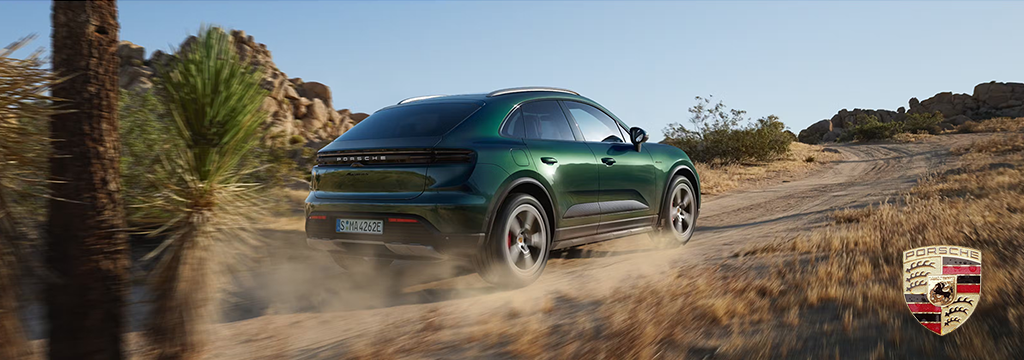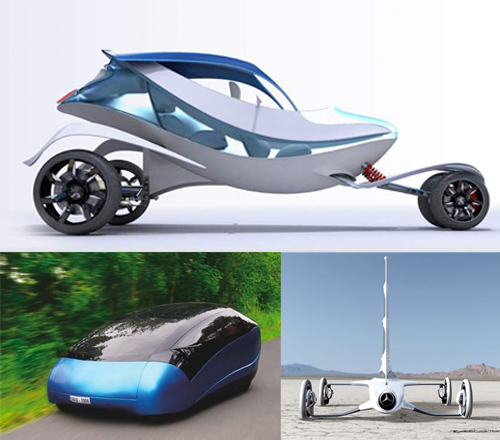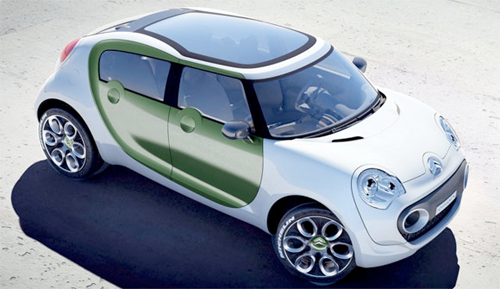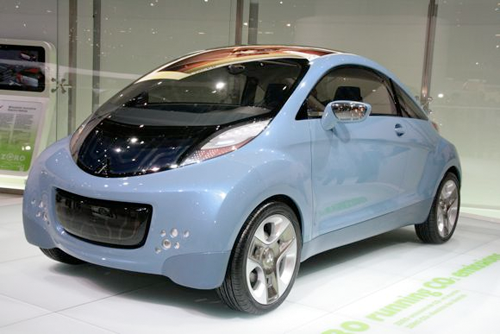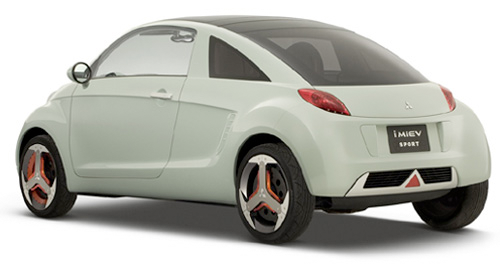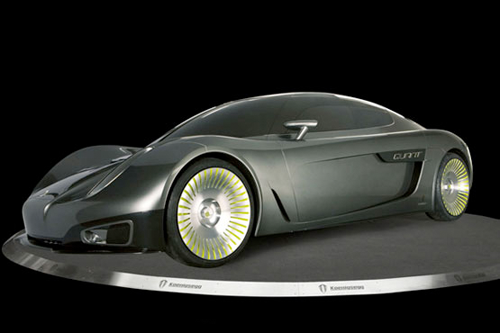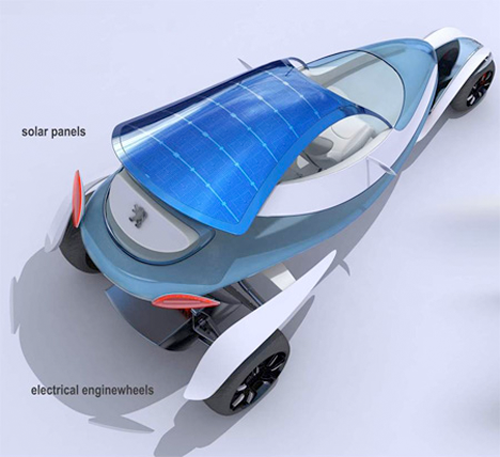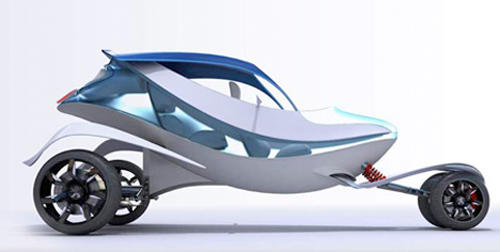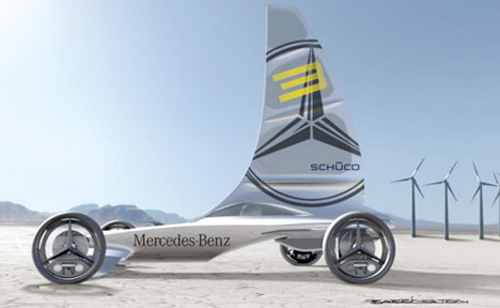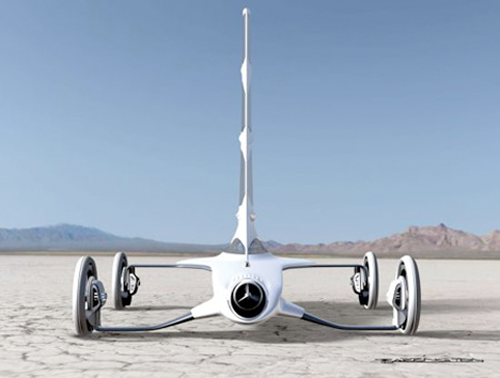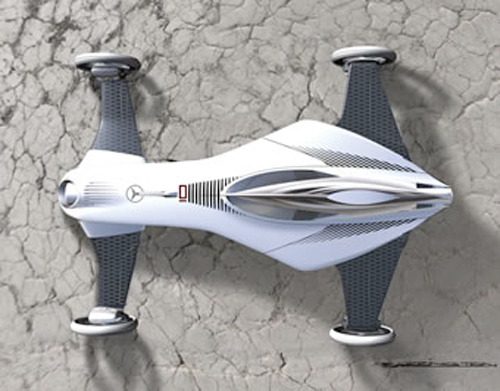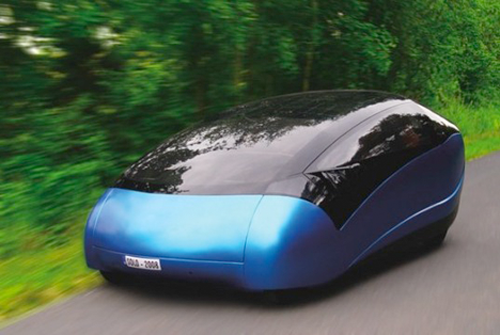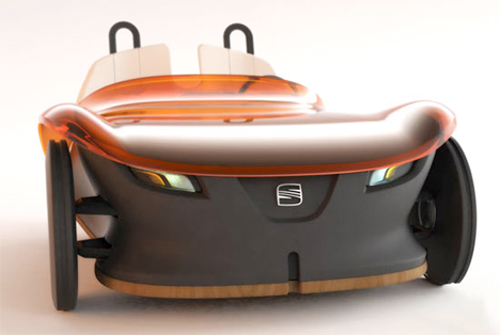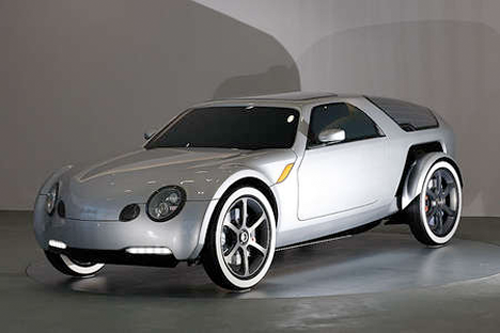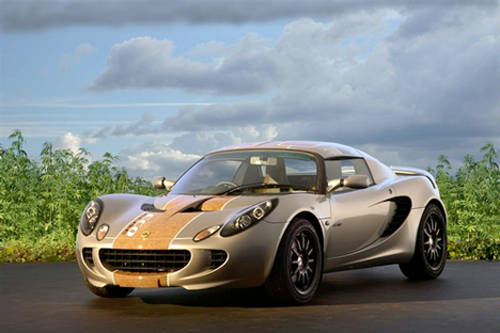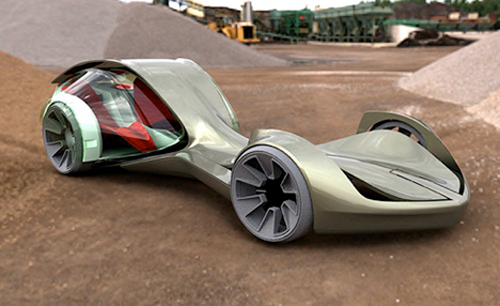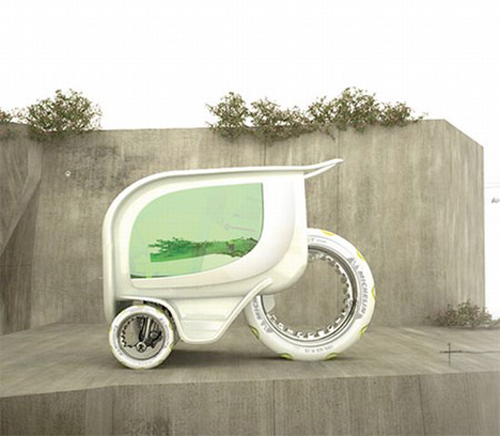
losers are clean energy industries as the tax credits get blown away. think wind, solar, renewable biomass, geothermal, hydropower, and eliminate a $7,500 per electric vehicle tax credit. winners are extending credits in nuclear and continued intangible drilling cost deductions that allows producers to recover investment costs quickly in oil and gas sector. [rk] washington examiner
 Many of the most unpleasant aspects of urban life are caused by cars.
Many of the most unpleasant aspects of urban life are caused by cars.
Large sweltering expanses of tarmac in cities contribute heavily to urban temperatures. Cars also become unbearably hot in summer sitting in these urban deserts.
Optimizing the heliostatic photovoltaic panels ultimately evolved into their leaflike shape. Though the concept did not intentionally look to mimic the form of a tree, the panels rotate to follow the path of the sun throughout the day – much like sunflowers – absorbing light whilst also providing optimal shading for cars. Although all parked cars can benefit from shading, electric vehicles can directly charge their batteries by plugging into the solar trees.
Solar Tree is unique among anti-auto pollution designs in that it empathizes with the automobile, but particularly with the electric car, providing a place for overworked, spent cars to regain their lost torque, to relax beneath the trees, to gain back their juice in an optimal stress-free environment.
Produce: solar tree
Designer: neville mars
[via] burb
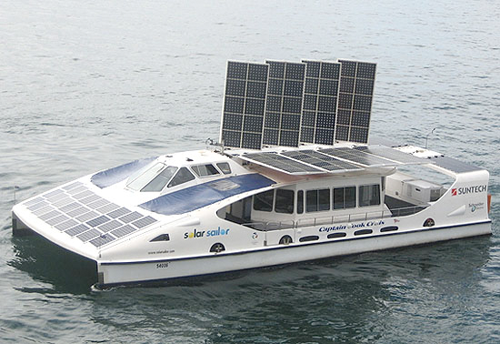
We’ve already told you about solar-powered cargo ships, now Hong Kong has decided to combat the area’s pollution problems by deploying solar-powered ferries.
According to the makers of the vehicles, Solar Sailor Holdings Ltd., the ferries will operate using three-quarters solar energy and only one-quarter liquefied petroleum gas, potentially reducing carbon-dioxide output on the route by roughly half.
Purchased by the well-heeled Hong Kong Jockey Club for an undisclosed sum estimated to be in the millions, the green vehicles will go into operation in November. You can see video of the solar ferries in action here.
Producer: solar sailor ltd.
via bloomberg

The Peugeot Capsule concept is a single-seat off-road vehicle that was inspired by do-everything adventure touring motorcycles like the Kawasaki KLR 650.
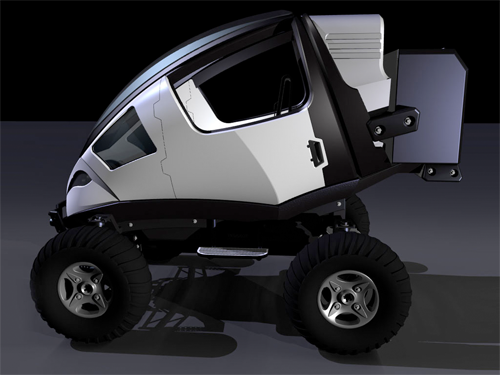
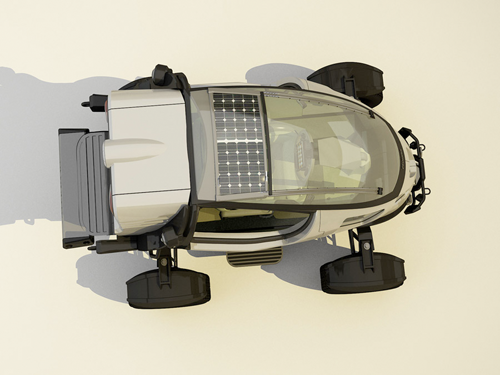
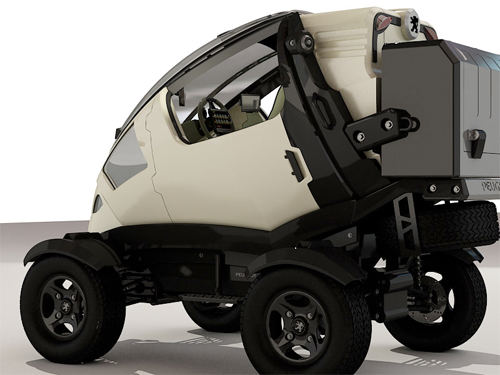
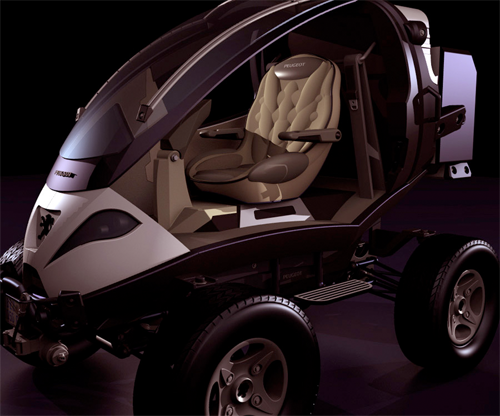
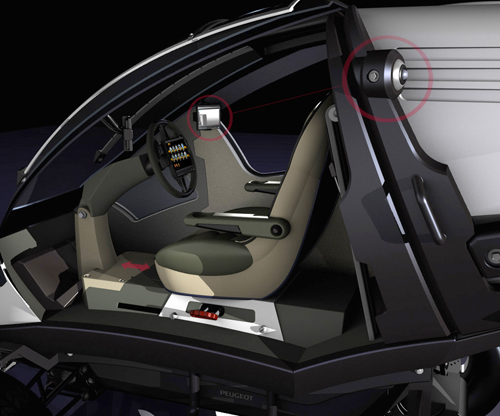
Unlike a motorcycle the Capsule would provide weather protection, plus enough storage to allow for extended overnight adventures. Of interest, a single touch screen that would control vehicle functions and offer internet-enabled satellite connectivity.
Electric motors would provide propulsion to all four wheels, and a roof-mounted solar panel would help keep the batteries topped up on sunny days. Once stopped, a removable luggage rack would double as a stool or desk at the campsite.
Designer: Alp Germaner
Producer: Peugeot
{VIA]
Carboard boxes, aluminum foil, black paint. A $5 investment wins the FT Climate Change Challenge, which sought to find and publicize the most innovative and practical solution to climate change. via designobserver [PR]
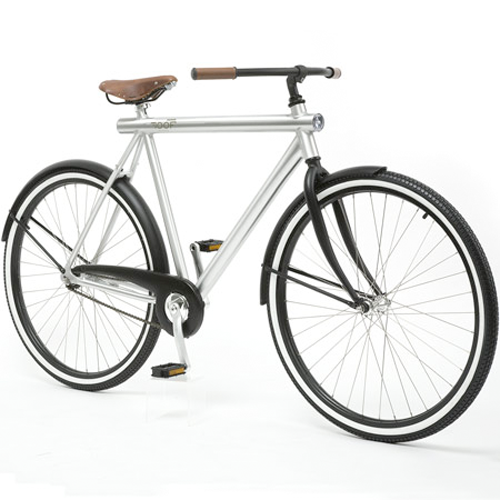
New York design brand Areaware have launched Moof, an aluminium bicycle by Dutch designer Sjoerd Smit that features built-in solar-powered lights.
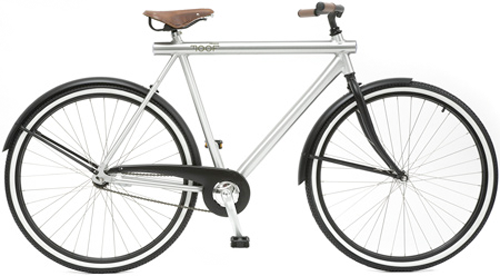
Designed in Amsterdam, MOOF’s unique aluminum construction houses two solar powered lamps – one to light the way and the other to make you visible from behind.
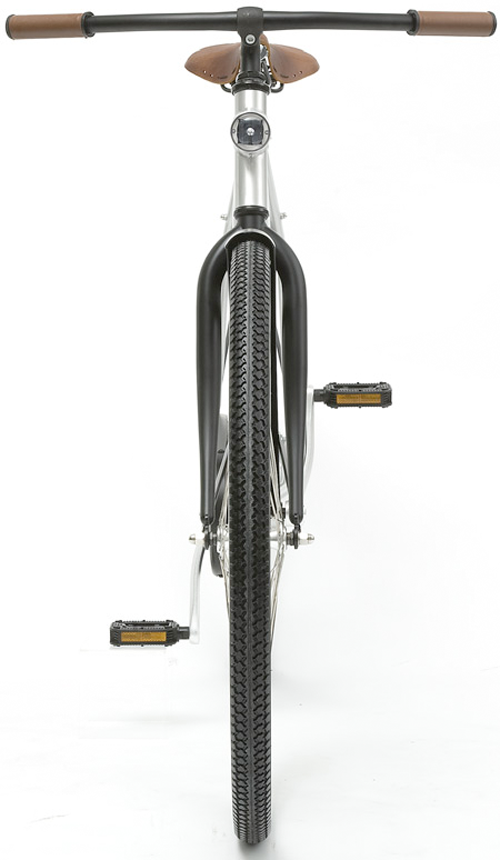
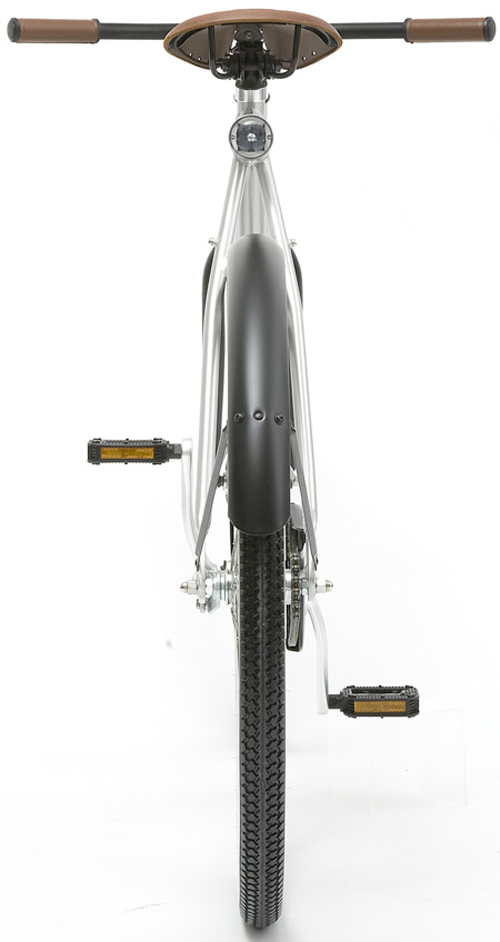
This single speed sleek and smooth urban cruiser is both smart and conscientious.
Bike Weight: 28.5 lbs (13 kg)
Frame: 6061 Series Powder-Coated Rustproof Aluminum
Drive Train: Chain Drive
Wheels: Alloy 28″ (71 cm)
Tires: Kenda Cosmos
Lights: Solar powered LED
Brakes: Rear Coaster
Saddle: Adjustable springless leather saddle
Grip: Semi-leather
Weight Limit: 264 lbs (120 kg)
Height Limit: 5’10″ – 6’6″ (179cm – 200cm)
Available for pre-order. Approximate ship date: April 2009
Designer: Sjoerd Smit
Producer: areaware
Retailer: areaware
via dezeen

